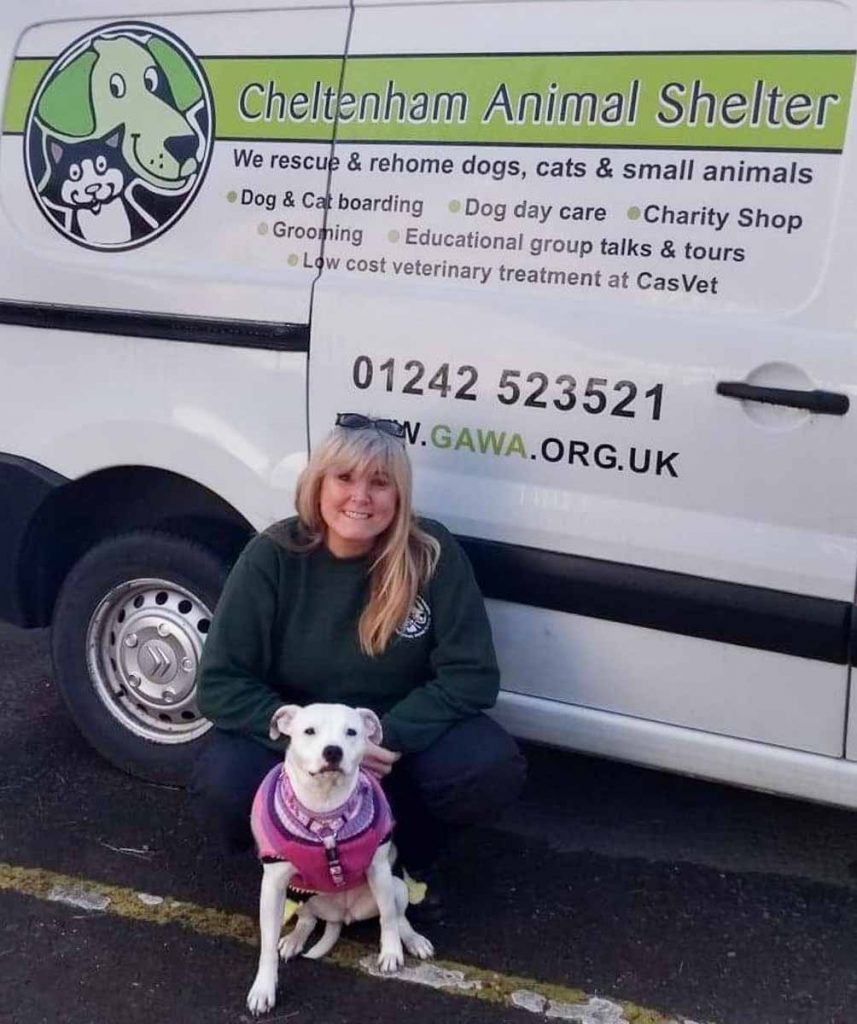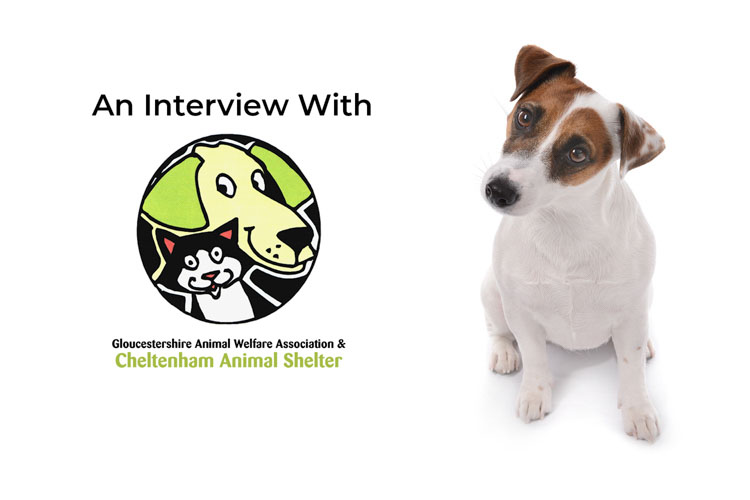It’s no secret that in the UK, we love our pets. According to research carried out by PFMA, its estimated that 12 million UK households own an animal. However, not everyone outlives their pets.
We have teamed up with the Cheltenham Animal Shelter to talk about advance pet planning and the Shelter’s role in helping families whose loved ones have died without a plan.
Providing for your pet if you die
To make life easier for both your pet and your family, you can provide for your pet in your Will.
From a legal perspective, your pets fall into the category of personal possessions. This means that you can make a gift of your pet to whoever has agreed to look after them on your death. Setting out your wishes in your Will can reduce the risk of disagreements and mean that there is someone who can care for your pet immediately. You can even name a substitute owner, in case the circumstances of the person you originally named change.
If you have concerns that taking on your pet will be a financial burden, you can combine the gift of your pet with a cash gift.
In addition to your Will, it can be helpful to place information about your pet in a side letter to the new owner. You might include information about your pet’s daily routine, preferences and any health concerns.
What to do if the deceased did not make a plan?
Unfortunately, not every pet owner dies with a plan in place. If someone close to you has died without leaving instructions for their pet, it is important to take control of the situation as quickly as possible.
The outcome for the pet will depend on the circumstances. It may be that a friend or family member will adopt the animal or help find them a new home. If nobody can care for the animal long term, you will need to consider options for re-homing with local charities and shelters.
Karen Ethier, Animal Welfare Manager at the Cheltenham Animal Shelter, shares her experience with us.

The Cheltenham Animal Shelter is a charity that helps abandoned animals across Gloucestershire. They have been re-homing unwanted animals since 1926.
Are you able to take on animals following a death?
We take in over 1,000 unwanted or abandoned animals a year. Sadly, this includes the pets of owners who have passed away. When these animals come to us, the family have usually already explored every other option. It can be hard for them to leave their animal at the Shelter, but we do everything we can to find them a perfect home. The average length of stay for re-homing is 60 days, but we are working to bring this down.
We make sure every animal in our care has their own kennel, cat pod or small animal enclosure. Our staff and volunteers exercise the dogs regularly and provide the cats with plenty of affection. There is also an on-site veterinary surgery which provides health care.
Are you able to share any success stories?
The most memorable case for me was when we accepted two Shih Tzu dogs into the Shelter. Their owner had died of cancer and the friend placing them in our care was heartbroken. She could not adopt them herself but knew it was her friend’s wish they stay together. After speaking to her, I made it my mission to help secure a joint home for the dogs. Eventually, a young couple came forward and were able to re-home them successfully. The Shelter still has a good relationship with the new owners and the dogs come to us for boarding every year.
How do you match pets to new owners?
All animals in our care go through a re-homing assessment. How they behave during this period, helps us understand what type of environment will be best for them going forward. On the other side, we interview our potential adopters and ask them to provide comprehensive information about their families, lifestyles, living situation and other pets. We then do our best to match our animals to homes where they can thrive.
What are your thoughts about owners planning ahead?
I can’t speak for other shelters, but we feel that we are very good at tackling this difficult conversation early on. As part of our adoption process, we ask our adopters to plan for the possibility that they might not outlive their pet. We encourage them to talk to their relatives, make sure someone is willing to step in and where possible set out their wishes in writing.
Although the Shelter is here to protect and re-home unwanted animals, going straight to a loving home is a better outcome for everyone. When pets lose their owners, it can be very traumatic for them; dogs especially go through a period of grief. What they need is security and a calm loving place to go.
How does the Shelter operate?
The charity faces a bill of around £650,000 every year to continue to operate and run the Shelter. We are not eligible for National Lottery or Government funding, so are reliant on the generosity of our supporters. We never give up on an animal that we believe can be re-homed. That’s why the legacies that individuals leave us in their Wills are so important. They help us to care for animals that deserve a second chance.
For information about re-homing, you can call the Cheltenham Animal Shelter on 01242 523521, email reception@gawa.org.uk or visit www.gawa.org.uk directly.
To discuss planning for a pet in your Will, please click here for our contact details or visit our Will page. We would be happy to help.
If you would like to be kept up to date with legal news and receive helpful insights about Wills and more, follow us on social media.





